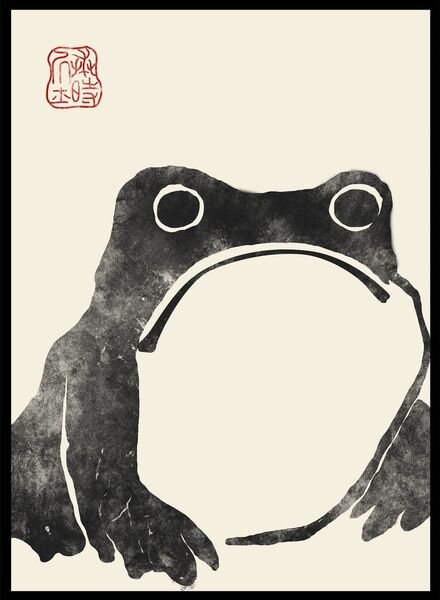This page is a permanent link to the reply below and its nested replies. See all post replies »
LesDawsonsPiano · 70-79
Love the picture.. Thanks.
I've read his travelog, "Narrow Road To the Deep North" (from which I gained the suggestive and - for me - profound perception that the "journey itself is home")
Just a snippet here, that captures another world, another time - yet it IS our world, our time:-
.....it began to rain in the early evening, so we stopped for the night at a village farmhouse and continued again at dawn. Out in the field, a horse, and nearby a man cutting grass. I stopped to ask directions. Courteous, he thought awhile, then said, “Too many intersecting roads. It’s easy to get lost. Best to take that old horse as far as he’ll go. He knows the road. When he stops, get off, and he’ll come back alone.”
Two small children danced along behind, one with the curious name of Kasane, same as the pink flower.
Sora wrote:
With this kasane
she’s doubly pink
a fitting name
Arriving at a village, I tied a small gift to the saddle, and the horse turned back.
I've read his travelog, "Narrow Road To the Deep North" (from which I gained the suggestive and - for me - profound perception that the "journey itself is home")
Just a snippet here, that captures another world, another time - yet it IS our world, our time:-
.....it began to rain in the early evening, so we stopped for the night at a village farmhouse and continued again at dawn. Out in the field, a horse, and nearby a man cutting grass. I stopped to ask directions. Courteous, he thought awhile, then said, “Too many intersecting roads. It’s easy to get lost. Best to take that old horse as far as he’ll go. He knows the road. When he stops, get off, and he’ll come back alone.”
Two small children danced along behind, one with the curious name of Kasane, same as the pink flower.
Sora wrote:
With this kasane
she’s doubly pink
a fitting name
Arriving at a village, I tied a small gift to the saddle, and the horse turned back.
@LesDawsonsPiano I want to read Basho's travel log now.
LesDawsonsPiano · 70-79
@badminton Hi, it comes in various translations, my copy is on Kindle, and called "The Narrow Road To the Interior" and also contains a few other of his writings.
Basho's begins his Travelog with:-
The moon and the sun are eternal travellers. Even the years wander on. A lifetime adrift in a boat, or in old age leading a tired horse into the years, every day is a journey, and the journey itself is home.
I discovered the book when reading some of the letters of Thomas Merton, who mentioned it with great praise.
Basho's begins his Travelog with:-
The moon and the sun are eternal travellers. Even the years wander on. A lifetime adrift in a boat, or in old age leading a tired horse into the years, every day is a journey, and the journey itself is home.
I discovered the book when reading some of the letters of Thomas Merton, who mentioned it with great praise.
LesDawsonsPiano · 70-79
@badminton Just been re-reading the Introduction to my own copy, the one where the translation is by Sam Hamill.
Japanese title is Oku-no-hosomichi
Oku means “within” and “farthest” or “dead-end” place; hosomichi means “path” or “narrow road.” The no is prepositional. Oku-no-hosomichi: the narrow road within; the narrow way through the interior.
The art of translation! The "treacherous sea of language"!
😀
Japanese title is Oku-no-hosomichi
Oku means “within” and “farthest” or “dead-end” place; hosomichi means “path” or “narrow road.” The no is prepositional. Oku-no-hosomichi: the narrow road within; the narrow way through the interior.
The art of translation! The "treacherous sea of language"!
😀



